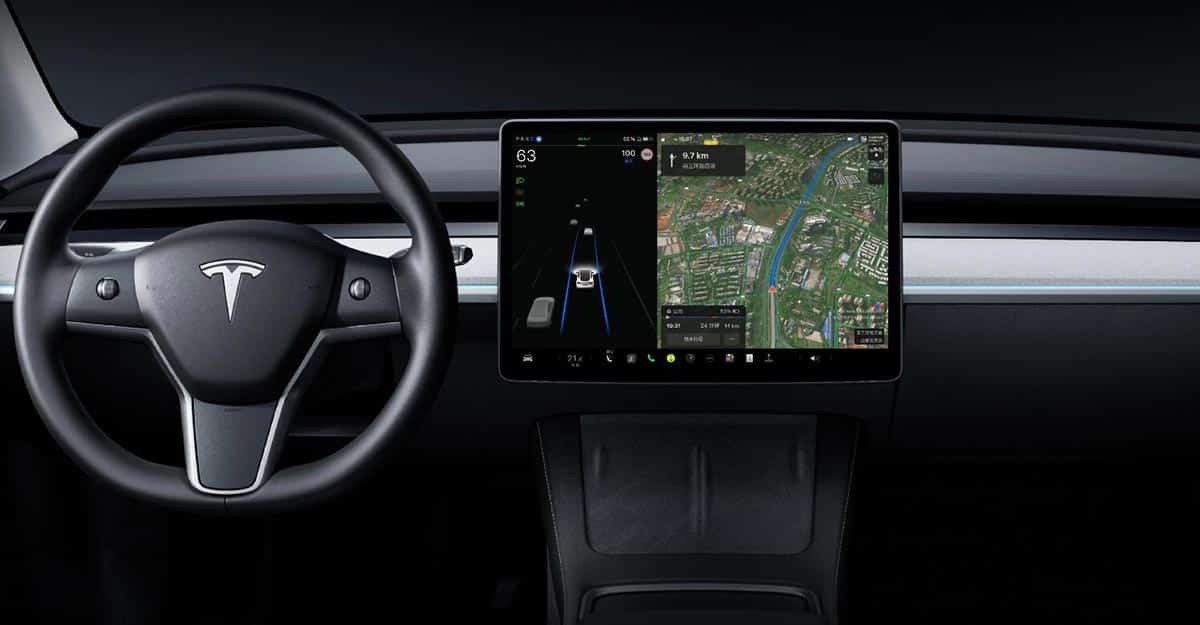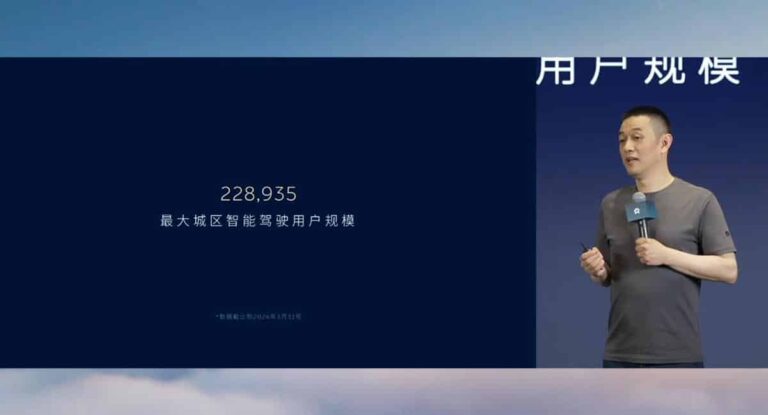"It may be possible very soon," Musk said today on the X platform in response to a user's question about when FSD would enter China.
(A screenshot from Tesla China website )
Tesla (NASDAQ: TSLA) CEO Elon Musk hinted that FSD (Full Self-Driving) may be available in China very soon, at a time of rapid evolution of driver-assistance features for local electric vehicle (EV) makers.
"It may be possible very soon," Musk said today in response to a question from a user on the X platform he owns about when FSD will come to China.
The user left those questions in a post Musk made about the Model Y's price in the US after a price cut:
Mr. Musk, I am a Tesla owner in China. I look forward to Tesla FSD entering China as soon as possible. When will it be realized? When can the HW3.0 system use 3D modeling images? When will the new reversing assistance be pushed to Tesla HW3.0 owners in China?
The comment contains several questions, and Musk's reply seems to address the first one about FSD.
It may be possible very soon
— Elon Musk (@elonmusk) April 20, 2024
On November 22, 2023, Chinese media outlet China Fund News quoted a Tesla source as saying that work to bring FSD to China was moving forward.
Several Chinese government departments jointly issued a notice in November allowing cars supporting L3 and L4 autonomous driving to carry out road tests on a pilot basis in limited areas, and clarifying for the first time the determination of accident liability.
Against this backdrop, the entry of Tesla FSD into China, one of the major players in smart driving technology, was seen as entering the countdown stage, the report said.
In order to introduce FSD into China, Tesla has previously carried out a lot of preparatory work, the report noted.
In 2021, Tesla set up a data center in Shanghai, where all data generated by its China operations, including production data, sales data, service data and charging data, are stored entirely within China to comply with regulatory requirements.
Tesla had also set up an FSD operations team as well as a data labeling team in Shanghai, and had sent engineers from its headquarters to do training, the report said.
Tesla China has also been assisting regulatory authorities in pushing for high-level autonomous driving laws and regulations, according to the report.
Notably, analysts at CITIC Securities said in a research note last June that Tesla FSD faces two major issues in entering China -- data collection qualifications and supercomputing centers.
In China, even if Tesla obtains the data collection qualification, the probability is that it can only train the model locally in China, and the data may not be allowed to be transmitted back to the US, the team said.
This means that to achieve the same training efficiency as in the US, Tesla would need to set up a supercomputing center similar to Dojo in China, which would require a certain development cycle and cost, according to CITIC Securities.


